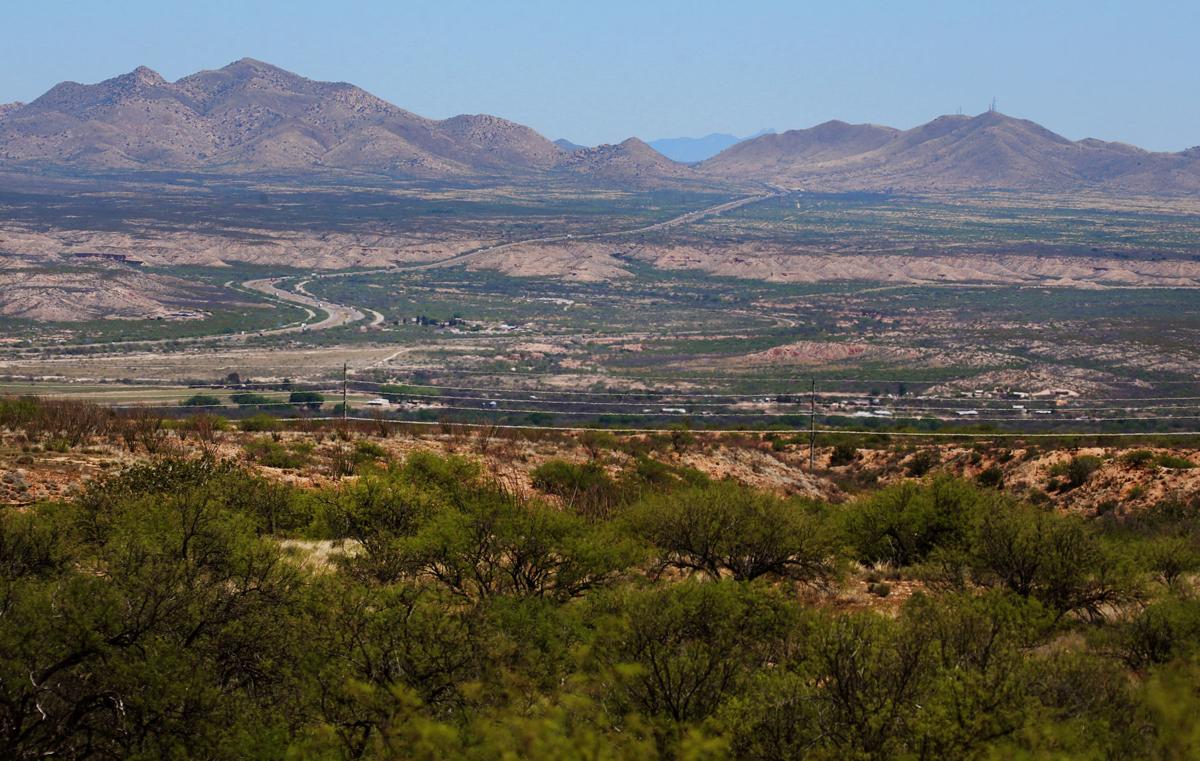The following column is the opinion and analysis of the writers.
There is growing frustration in rural Arizona because of increasingly aggressive efforts by urban elites to impose their values and inflict economic pain on us.
Benson and Cochise County are at the center of rural Arizona’s struggle to maintain its economic viability and social well-being. Cochise County is the fourth-fastest shrinking community in America. It lost 5.3% of its population from 2010-2017 (131,782 to 124,756 people). The county’s poverty rate is 18.9%, while Arizona’s is 17.7%, and the national rate is 15.1%. Also, 26.9% of children in Cochise County live in poverty, compared to 25.3% in Arizona and 21.2% nationally.
This situation creates a downward spiral in which young people see high school graduation as a one-way ticket out of Cochise County in search of education and jobs. With fewer young people returning to live, work, and raise families, the county is losing its future citizens, taxpayers, and leaders.
This is why jobs and economic opportunity are so vital to a rural county like Cochise. The county’s largest source of jobs is the U.S. Army’s Fort Huachuca, which employs 8,000 people directly and supports 2,100 contractors. This is 21% of the county’s workforce. The need for more jobs is acute, which is why we were so excited several years ago when a developer announced plans to build The Villages at Vigneto, an active adult community of 28,000 houses in Benson that would generate $23.8 billion in output over its 18-year build-out. At peak construction, it would employ 16,355. Upon completion, The Villages would contribute $1.2 billion in annual economic output and 8,780 jobs indefinitely, thereby becoming Cochise County’s second-largest source of jobs.
Despite the benefits of jobs provided by Fort Huachuca, there has been an over two-decade battle to throttle the fort by restricting its access to water. More recently is a similar effort to kill The Villages at Vigneto, notwithstanding the economic lifeblood it would give Cochise County, strong support in Benson and the county, and regulatory approvals at city, county, state, and federal levels.
There is one common denominator for the war being waged on Fort Huachuca and The Villages: aggressive “environmental” groups that excel at spending their hundreds-of-millions on lawsuits, not actual conservation. Leading the charge is Tucson-based Center for Biological Diversity. Robin Silver, one of the Center’s co-founders, said that “Fort Huachuca’s increasing local economic expenditures are the substrate for the cancerous local groundwater-dependent growth that is killing the San Pedro River,” and also stated “we will have to inflict severe economic pain,” for the group to reach its goals.
“We’d like to … see a huge amount of retooling of local economies,” Peter Galvin, another Center co-founder, asserted. The Center strives for “decentering and disempowering of the human” to achieve its goals, according to Kieran Suckling, an additional co-founder. We call their goals rural cleansing.
These ivory-tower groups are far removed from the realities of the middle class, blue collar and working poor. Robin Silver, Peter Galvin, and Kieran Suckling each make $277,000-$289,000 annually, which is more than 11 times Cochise County’s mean per capita income. The Sierra Club and EarthJustice, from San Francisco, and Defenders of Wildlife in Washington, D.C. often join the Center for Biological Diversity in its lawsuit-driven war on rural Arizona. Combined, these four groups have an annual budget of $283 million and 1,653 employees.
Rural Arizonans are engaged in the battle of our lifetimes against rich, well-funded urban elites determined to impose their callous, cruel and inhumane views. We are tough, resilient people who for over a century have done the hard work of building our communities and providing basic services, such as schools, police and firefighters, as well as creating the social fabric that knits our towns and counties together. It is high time rural Arizonans stand up to those who want to disempower and decenter us by inflicting economic pain and retooling our economies. Enough is enough.





